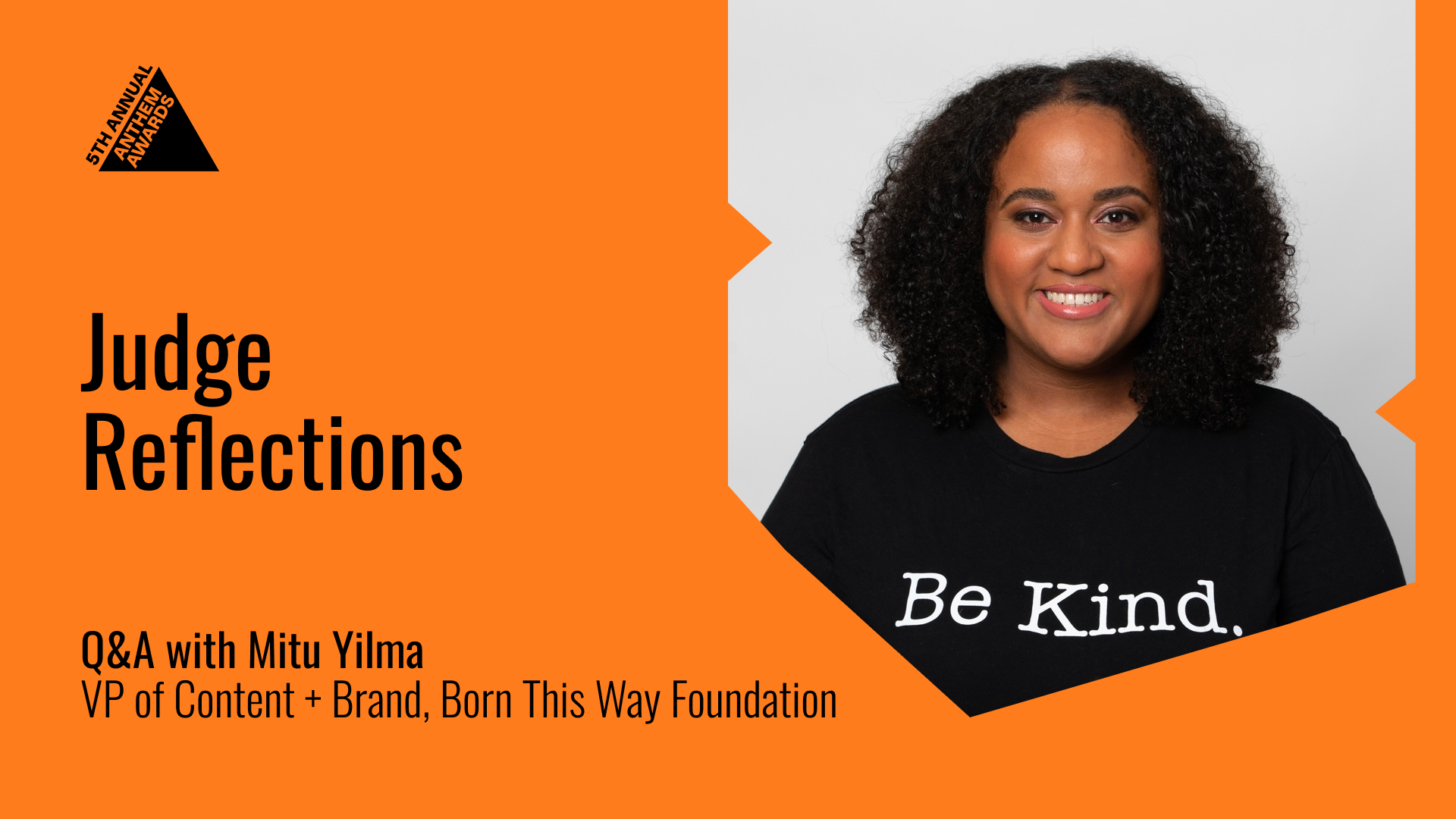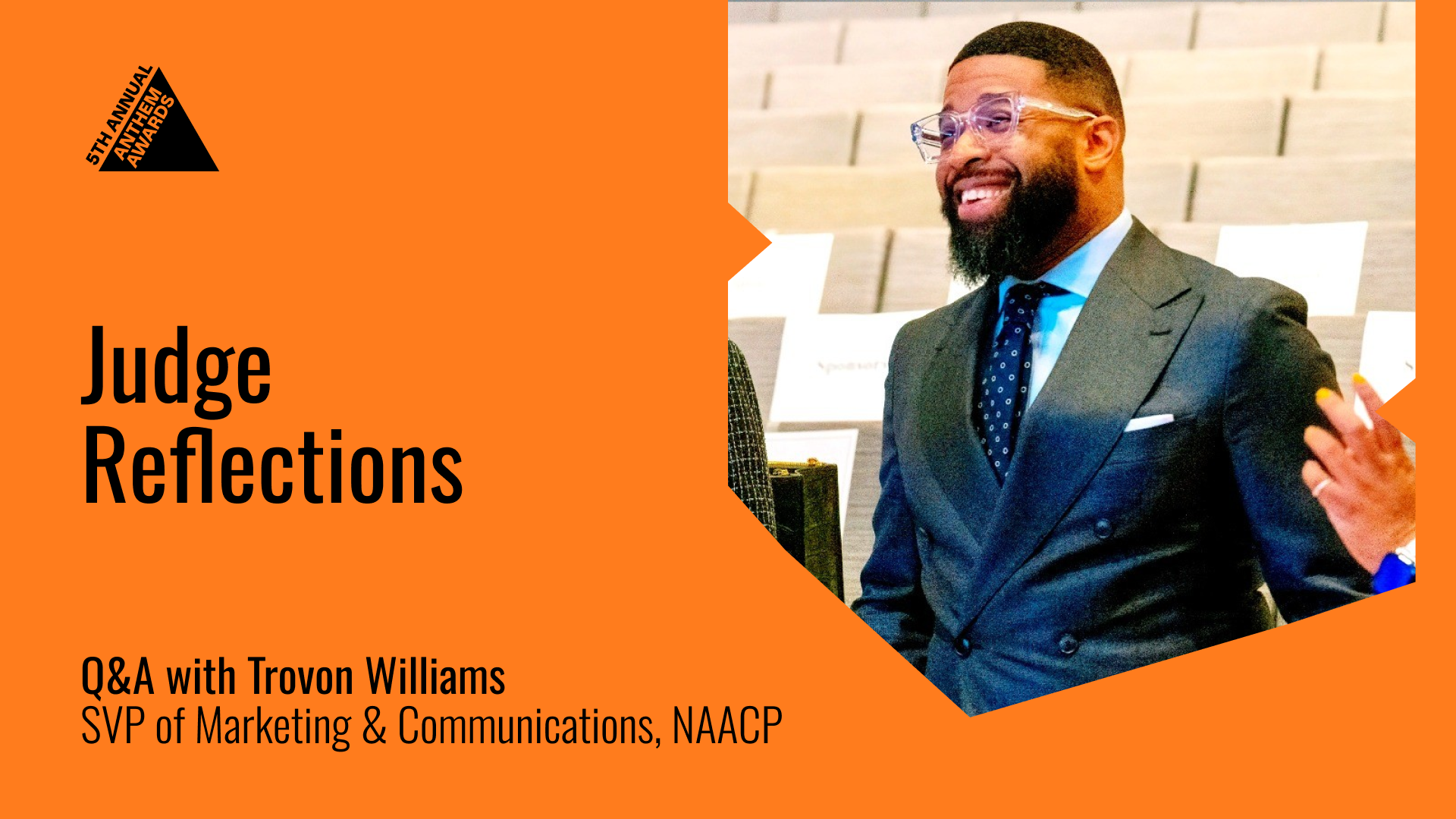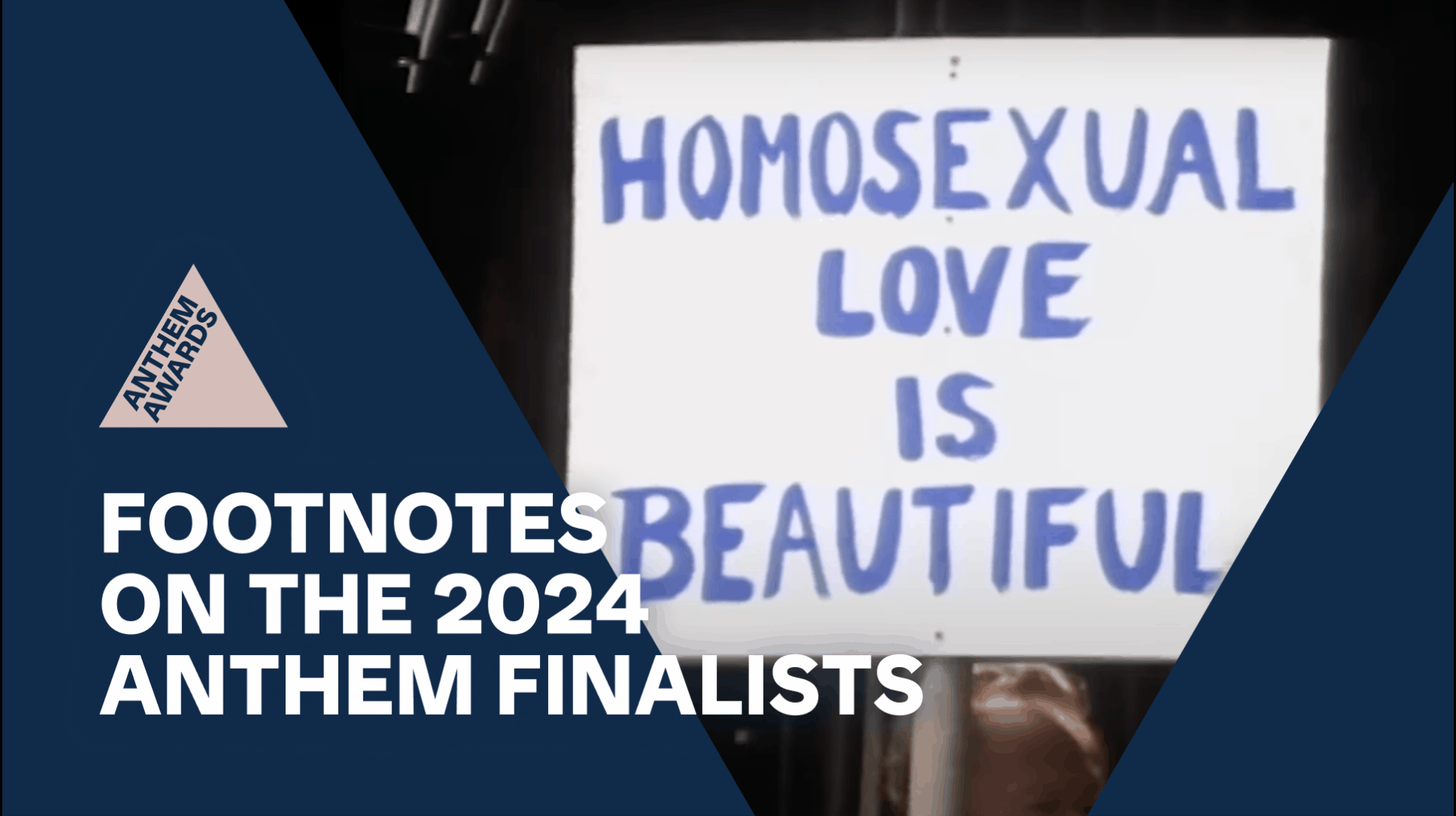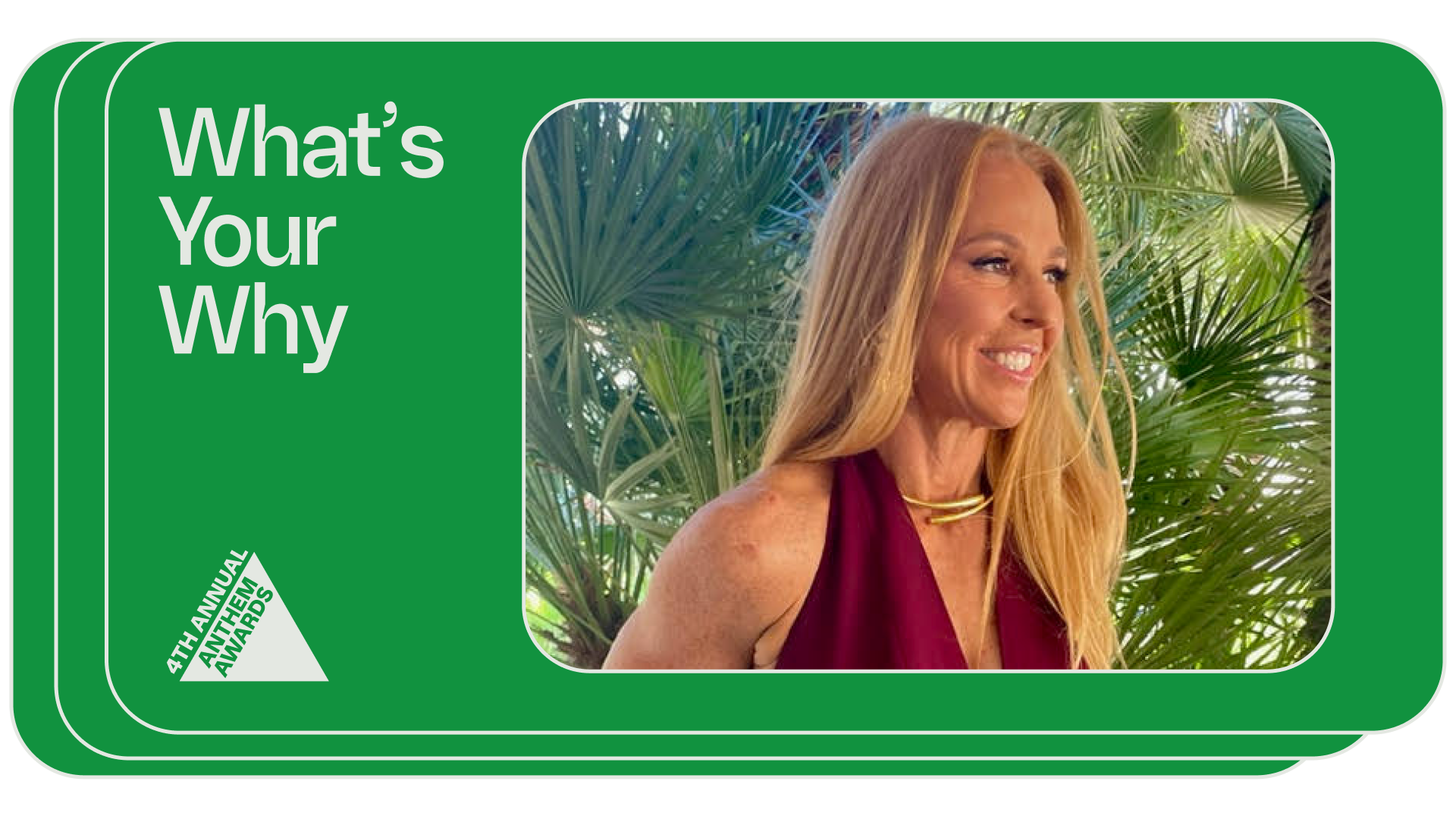Meet Mitchell Baker, CEO & Chairwoman, Mozilla
The Mozilla Project supports the open, innovative web and ensures it continues offering opportunities for everyone. As CEO of Mozilla Corporation, Mitchell Baker is focused on accelerating the growth levers for the core Firefox browser product and platform, while investing in innovative solutions to mitigate the biggest challenges facing the internet. Learn more about her and her inspiring work in our newest feature.

For those who don’t know you, tell us a little about your background.
My name is Mitchell, and I’ve been leading Mozilla both as Chairwoman, and now CEO again, since its inception. Since my college years, I’ve had an ongoing fascination with understanding how the web works and what its potential could be, and in part that’s what led to the formation of Mozilla. In recent years, I’ve turned our attention to more actively addressing the problems that have emerged. I’m still optimistic about the web’s future, but there’s a lot of work to do to sustain that optimism!
What are you most looking forward to about reviewing Anthem Awards entries?
This is a rich time for purpose-based organizations. Consumers are evaluating company impact as part of our decisions about products. It’s a time when many companies have a mission statement, and people’s scrutiny of behavior in regards to that mission is high. And the number of people interested in building companies that care about their business having a positive impact, in addition to financial return to shareholders, is also high. So I’m very eager to see the breadth of new ideas and new founders and new teams. I’m also looking forward to being challenged by the new and different issues people are trying to address, and the growing cross-fertilization between technology and social impact.
What does it take for a project or campaign to cause real-world change?
Real world change starts with a real world topic or problem — it’s important to go beyond a general sense of wanting to do good things. Then determination, and a willingness to try new things, and to challenge one’s own beliefs if necessary. Often real world change takes connecting with others. And I have to say, often there is something unexpected — someone takes interest, or a more precise topic to solve develops, or people benefit from your work in ways you didn’t expect. So it takes flexibility and agility.
How does your work at Mozilla support your mission?
Since its inception, Mozilla has shaken up the technology industry with its mission of ensuring the internet is a global public resource, open and accessible to all, and the principles of its manifesto, which i updated in 2018, to more explicitly reflect our aspirations for people online.
We’ve survived plenty of resistance. The ideas of trust, privacy, transparency, access and control have become mainstream today, and Mozilla has been working on these areas for more than two decades. This is enabled by our innovative structure, which puts us in a class by ourselves, as the only tech company backed by a non-profit.
Along the way, we’ve developed mechanisms to confront unwanted tracking in Firefox. More than 50 million people use the Pocket app each month to discover, save, and read the best stories from around the web, giving new life to great evergreen articles from partners such as Slate, Boston Globe and Scientific American, and helping them monetize older work. We’ve launched a trustworthy, data-respecting VPN, creating an alternative to the providers who actually mine your data in exchange for providing more security. We’ve mobilized more than 37,000 people across 190 countries to use RegretsReporter, a browser extension that lets you take action when you get recommended regrettable videos on YouTube. And we’ve begun work on the Africa Innovation Mradi, a network of strategic partners and growing community, to help us explore and develop new tech, and articulate African models of innovation, that are grounded in the unique needs of Africans.
Bonus: What’s your favorite purpose-driven project or mission-driven campaign right now, and why?
Outside of our own work, I’d love to mention Recidiviz, which was a recipient of our COVID-19 Solution Fund last year. Much has been written about the relatively high proportion of Americans who are incarcerated. On top of that, because it’s impossible to physically distance in most prison settings, those inmates are at dangerous risk of COVID-19 infection.
Recidiviz builds technology that gives criminal justice decision makers the data they need to safely, equitably, and permanently reduce incarceration. Significantly, they built a tool that helps prison administrators and government officials forecast the impact of COVID-19 on prisons and jails. It was downloaded by 47 states within 48hrs of launch! All of their work is open source, making it easy for others in the ecosystem (including states) to extend and build on what they create. We’re proud to support this excellent organization, at such a time of great need.
I’m also quite fascinated by The Lens. It’s a robust non-profit platform that integrates a global corpus of 200M scholarly records and 130M patent documents into a powerful open, linked resource with search, analytics, management and mapping tools. Among other benefits, anyone can ask and answer fundamental questions about legal status, jurisdiction, scope and times that patents are NOT in force, what scholarly research publications have informed inventions, and what public sources of know-how could help advance innovation.








